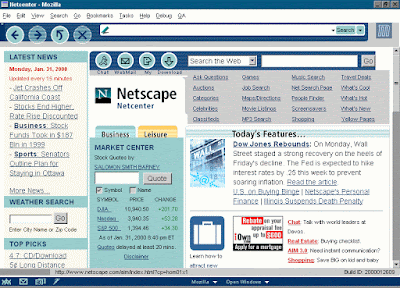Gimme an El! Gimme a Pee! Gimme and Ess and an Ess!

What does that spell? elp-ss-ss ;-) OK...well that sounded more funny in my head... Anyway! Week 5 of NRC01PL (last week! All caught up! yay!) was about Learning Performance Support Systems. My first introduction to LPSS (a brief one at that) was in an instructional design course almost 10 years ago (if my memory works). The funny thing is that we did talk about LPSS (without using that label) in a Knowledge Management course while I was doing my MBA. The lesson here? Interdisciplinarity is indeed a thing worthwhile practicing! :-) When we learned about LPSS way back when, it was within a corporate learning context. The idea of an LPSS, which in my knowledge management course tied into communities of practice, was that employees, who are also learners, have access to a system to get realtime, just-in-time, help with whatever they are doing. An example of this might be, for example, a short video on how to print something from your computer to ...









